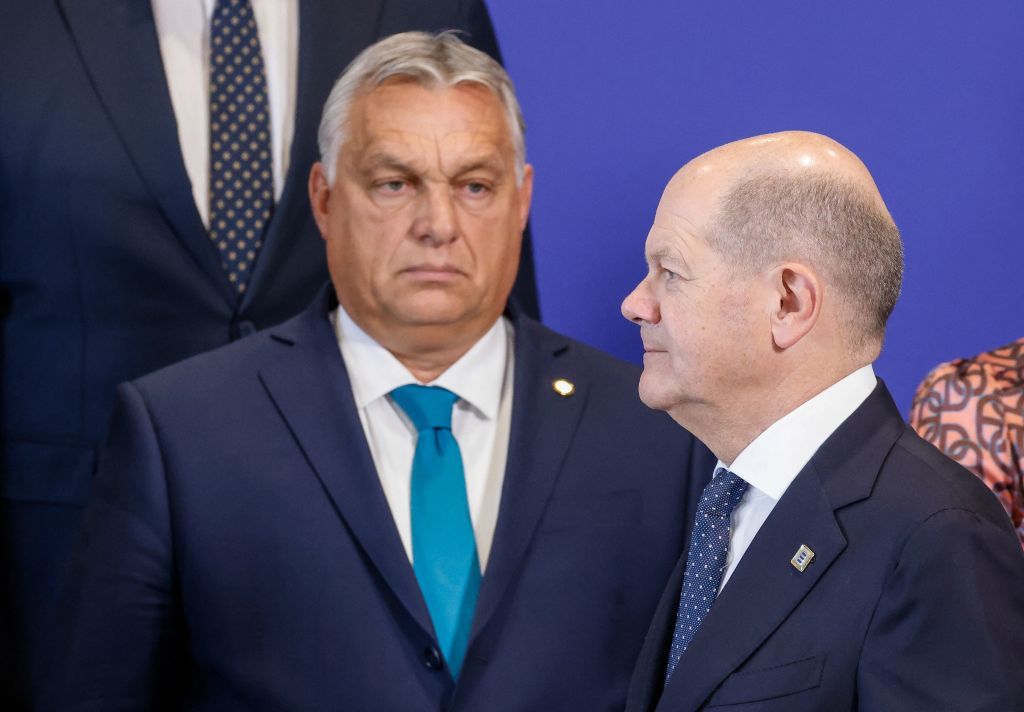US Senate to vote on aid bill without border reforms

The U.S. Senate will hold a procedural vote on Feb. 8 on whether to advance a foreign aid package that includes funds for Ukraine, Israel, and Taiwan but no reforms to border policy, CNN reported on Feb. 7.
The decision to separate the aid package from the border bill was made after Senate Republicans blocked a highly anticipated bipartisan agreement earlier that day.
“We will recess until tomorrow and give our Republican colleagues time to figure themselves out,” Senate Majority Leader Chuck Schumer said after voting closed on Feb. 7.
“We’ll be coming back tomorrow at noon, and hopefully that will give the Republicans the time they need. We will have this vote tomorrow.”
The package includes $60 billion for Ukraine, $14.1 billion in aid to Israel, $9.2 billion in humanitarian assistance, and $4.8 billion to support regional partners in the Indo-Pacific region.
Senate leaders from both parties, helmed by Republican James Lankford, conducted months of closed-door negotiations on a border deal after Senate Republicans killed a funding bill that included $60 billion for Ukraine in December. Republicans demanded that the package include reforms to U.S. border policy.
Senators released the details of their agreement on Feb. 4, revealing a deal that included severe restrictions on asylum seekers at the U.S.-Mexico border.
The concessions were not enough to save the bill.
Schumer proposed separating the aid package from the border debate when it became clear the bipartisan bill had no chance of advancing, Bloomberg reported earlier on Feb. 7. After the bill failed, senators then discussed holding a separate vote on the funding package.
The Senate voted in favor of hearing the proposal, and are expected to hold a procedural vote on the matter at the 60-vote threshold as early as Feb. 8. It is not clear whether the proposal can win 60 votes in the Senate.
If it does advance, it will face an uphill battle in the House of Representatives, where Republican opposition to Ukraine aid is strong, particularly among those who support former President Donald Trump.
Trump has made reforms to the southern border a central part of his reelection campaign and opposes any deal brokered by the current administration.











